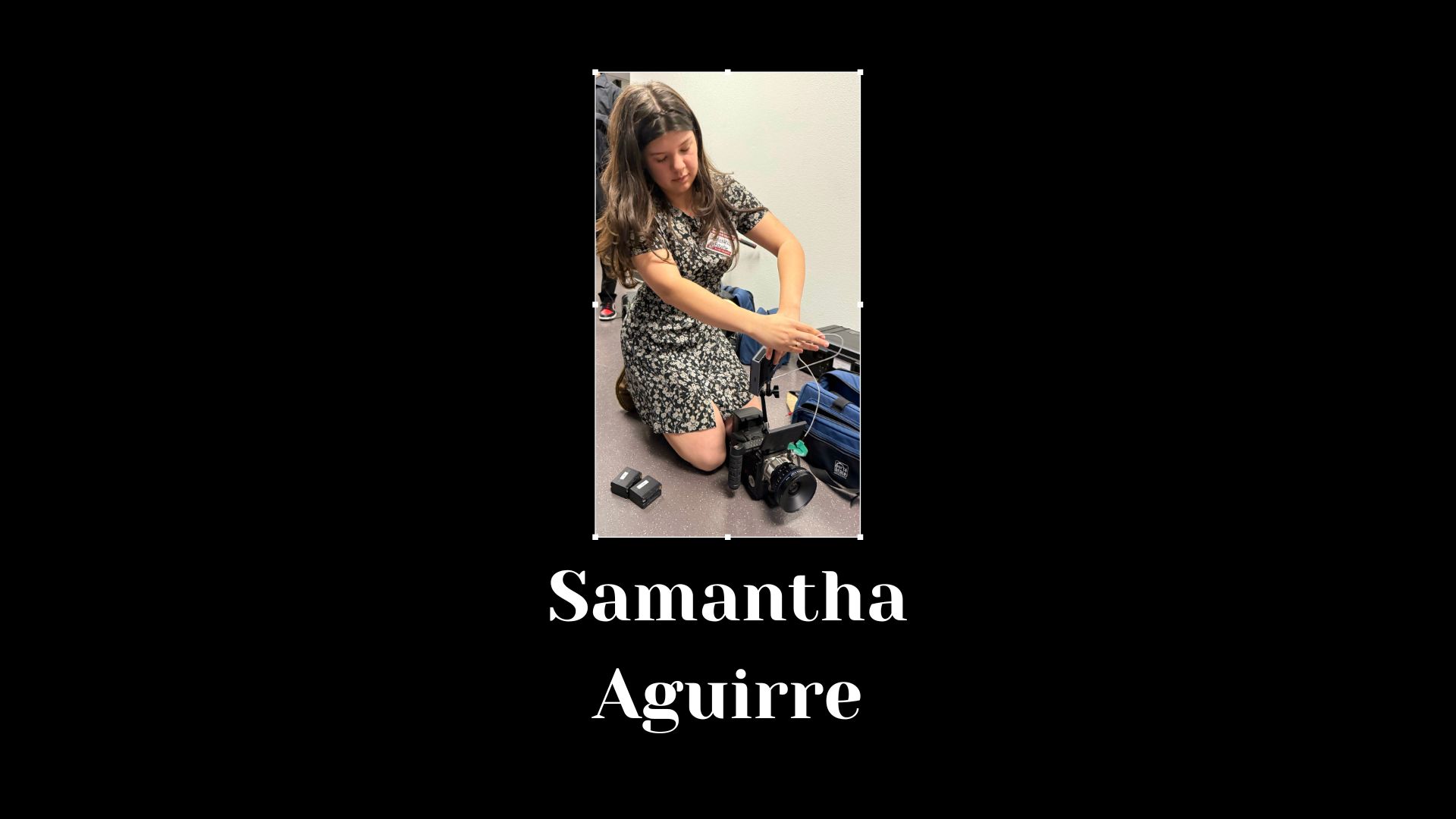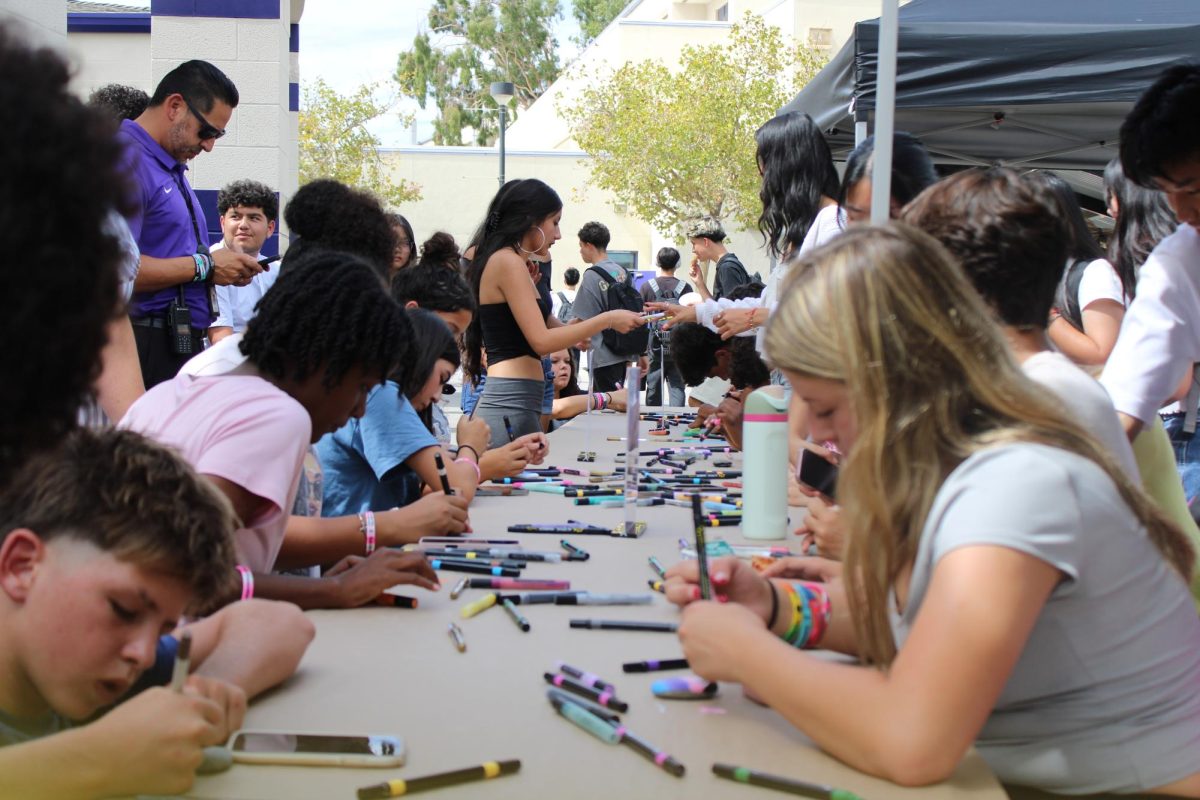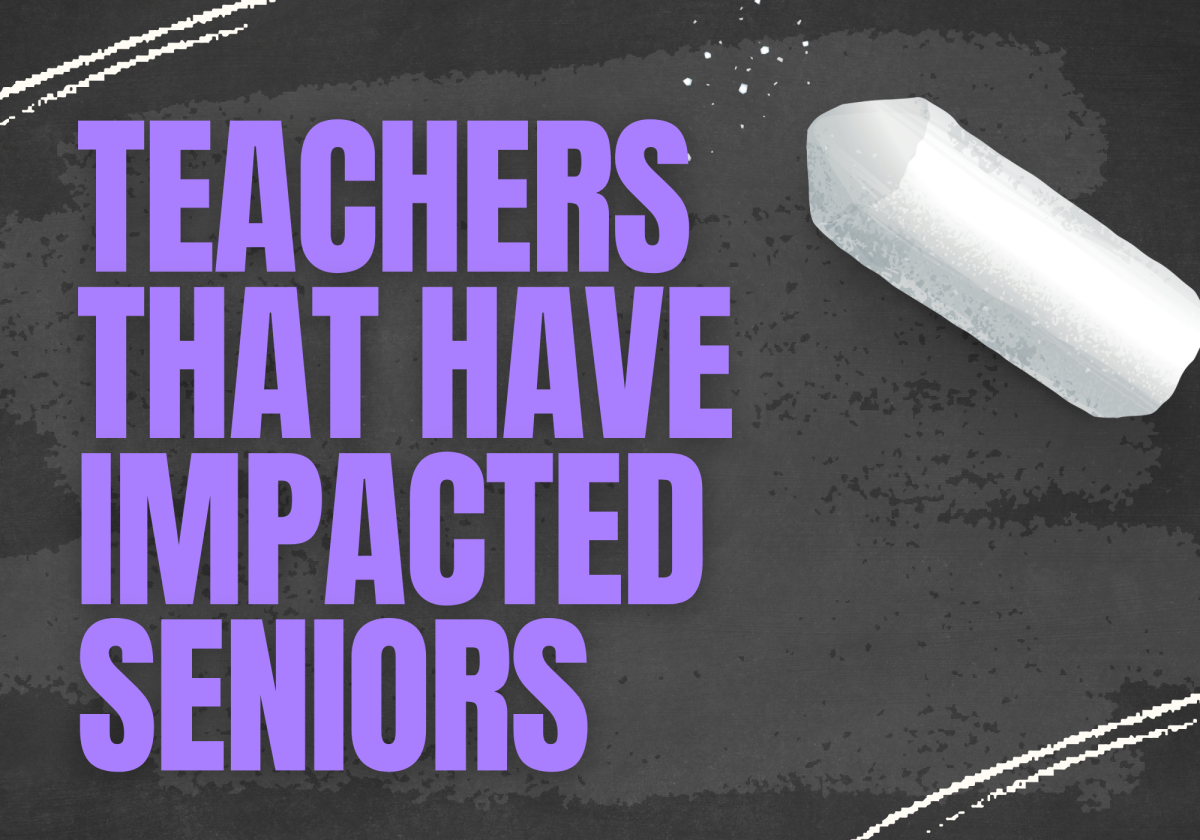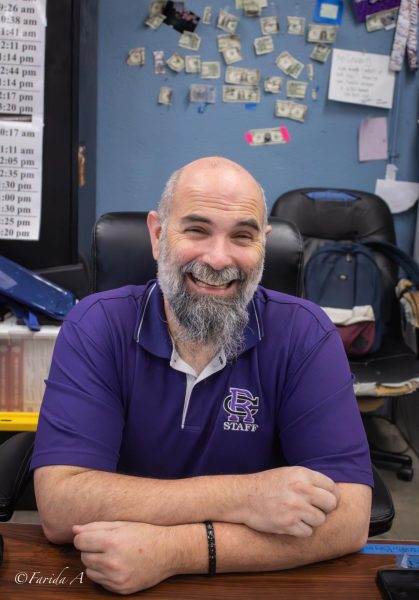
Digital film is an influential program at Rancho Cucamonga High School. With its bulletin airing multiple times a week and participation in film festivals across California, the program sparks curiosity about what its seniors plan to do after graduation.
Over the past two decades, Mr. Matthew Cataldo, the head of the program, has guided countless students who have gone on to careers in the film industry or ventured into other fields.
“Hundreds of students from our program are now working in the film industry, focusing on exactly what they want to do,” Cataldo said. “Now they’re directors, DPs, producers, writers, editors. We have alumni in every part of the industry.”
Among the talented seniors is Samantha Aguirre, who excels at working with camera software during film sessions. A dedicated member of the digital film program for four straight years, Aguirre’s passion for the film industry is undeniable.
“I’m planning on enrolling in Cal Poly Pomona for computer engineering after high school,” Aguirre said.
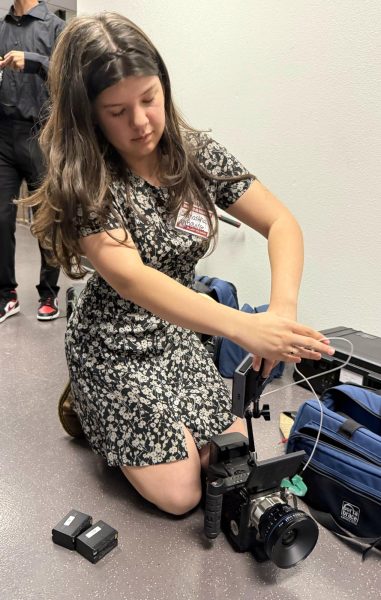
Aguirre said that while she truly loves film and the classmates she’s grown close to, she realized that the film lifestyle wasn’t something she wanted for herself. Her passion for storytelling was undeniable, but she started searching for a career path that felt like a better fit.
“I discovered computer hardware engineering during a deep dive on Google, and I fell in love with the idea. Even though I won’t be taking the traditional film path or working on a set, I realized I could still be a helping hand,” says Aguirre.
Aguirre loves working with equipment—assembling it and figuring out how to fix it when things go wrong. She explained how cinema cameras are moving away from traditional film because it’s cheaper to shoot digitally. Modern cinema cameras, like the high-end Komodo and Mosqui models, are packed with advanced chips that make them faster, smarter, and way more efficient for filmmakers today.
“It’s basically a computer in a square,” Aguirre said. “Understanding those systems and how they work between the physical camera and uploading content online is really exciting. Being able to develop better technology, like improved sensors and more advanced cameras, is amazing and so important.”
Aguirre has been using a cinema camera for over two years and compared it to someone who has never and only watches YouTube tutorials; it makes a huge difference.
“I plan on using my experience and finding solutions to the problems I find as a filmmaker because there’s a lot of technical stuff,” Aguirre said.
Aguirre wants to work with cinema cameras and people. She also acknowledges that its career field is constantly changing with innovations. She hopes to use her knowledge and experience from digital film to help her in college.
“I hope to stay humble enough to talk to people, understand what they want to see more of, and work with those who have deeper experience in specific areas,” Aguirre said. “I want to learn from their perspectives and, hopefully, create solutions to their problems.”
The digital film program at Rancho Cucamonga High School isn’t just about making filmmakers; it’s about giving students like Samantha Aguirre the space to find what they’re passionate about and build skills that go way beyond the world of film. Whether graduates end up behind a camera, building the next big tech innovation, or carving their unique path, this program leaves them ready to take their ambitions to the next level.
“Just because a student spends four years in my program and becomes a great writer, producer, director, or editor doesn’t necessarily mean that’s the career they’ll choose,” Cataldo said. “Similarly, if a student decides not to pursue film in college or later in life, it doesn’t mean the skills they’ve developed in our class won’t serve them well in the future.”



